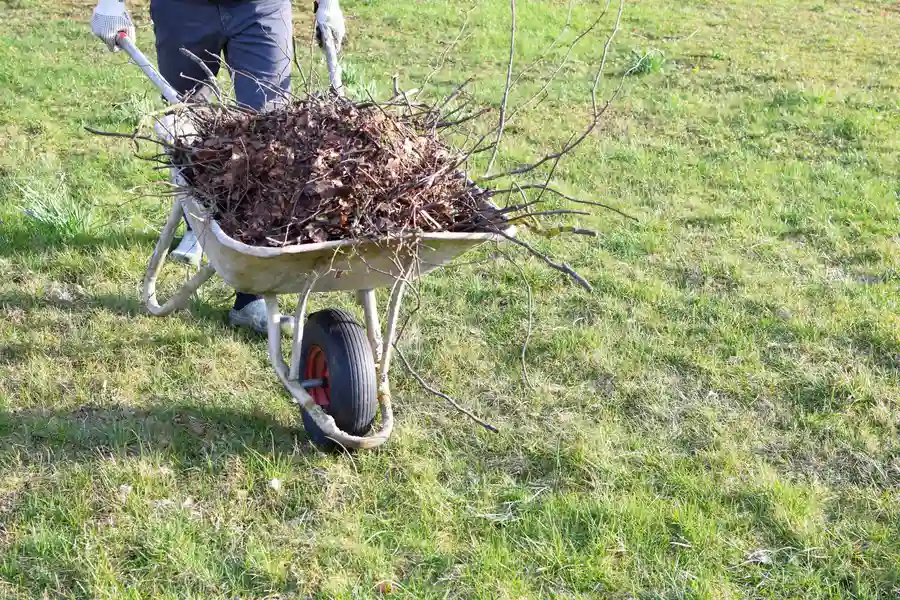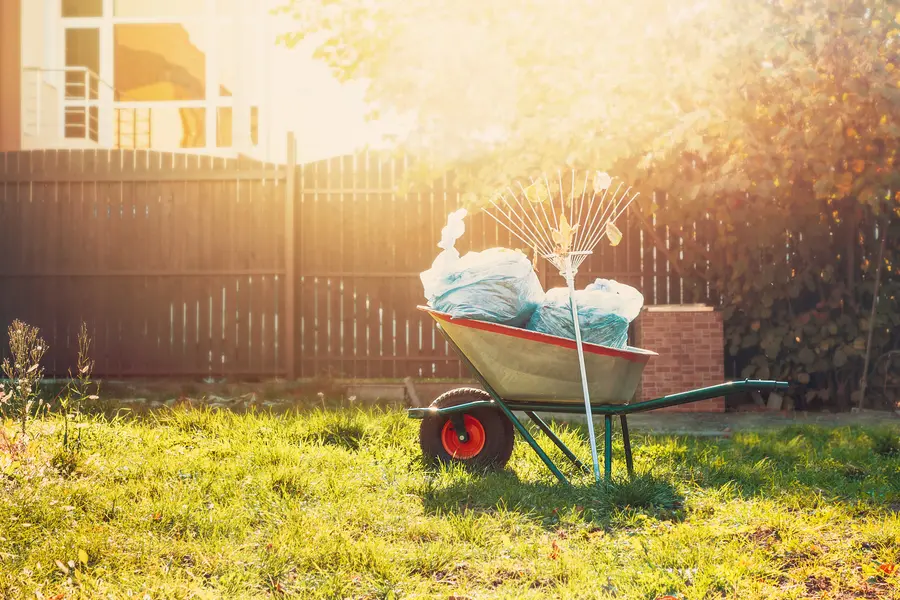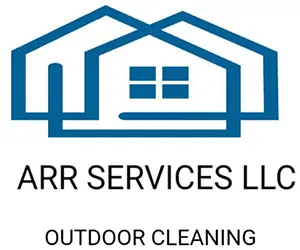Learn Which Materials Are Suitable for Pressure Washing
Pressure washing is a powerful way to clean various surfaces around your home. However, not every surface can withstand the intense pressure of a power washer. It’s important to know which materials can be safely cleaned this way to avoid damage. By understanding what surfaces can handle pressure washing and what precautions to take, you can keep your property looking its best without causing harm.

Why Choose Pressure Washing?
Pressure washing offers several advantages, making it a popular choice for cleaning outdoor areas. This method removes dirt, grime, mold, and even old paint quickly and efficiently. Unlike manual scrubbing, pressure washing saves both time and energy. It is an effective solution for large surface areas that would take hours to clean by hand. For those seeking professional help, companies offering yard cleaning services often include pressure washing as part of their offerings.

Concrete Surfaces
Concrete driveways, sidewalks, and patios are among the most common surfaces that benefit from pressure washing. The high-pressure water can penetrate the tiny pores in concrete to remove deeply embedded dirt and stains. Make sure to use the right nozzle and maintain an appropriate distance to prevent etching or cutting into the concrete.
Wooden Decks and Fences
While wooden decks and fences can be pressure washed, it’s crucial to use caution. Use a low-pressure setting and a wide fan nozzle to avoid gouging the wood. Pre-treating the wood with a detergent designed for pressure washers can help loosen dirt before rinsing it away. Companies providing yard cleaning services often have the experience needed to properly handle delicate surfaces like wood.
Brick Walls and Stone Pavers
Both brick walls and stone pavers can endure pressure washing well, though care must be taken to protect mortar joints between bricks. A medium-pressure setting works best here, along with keeping the nozzle moving at all times to prevent leaving marks or lines on these surfaces.
Siding Materials
Most types of siding, including vinyl and fiber cement, can be cleaned with a pressure washer if done carefully. Use a low-pressure setting to prevent cracking or loosening panels. Always spray at an angle to avoid forcing water behind the siding, which could lead to water damage inside your home.
The Importance of Choosing Correct Settings
Selecting the correct settings on your pressure washer is critical to avoiding damage. Generally, a PSI (pounds per square inch) of 1,300-1,600 is suitable for softer surfaces like wood or painted surfaces. Higher PSI levels, ranging from 2,000-3,000, work better for tougher surfaces such as concrete. Adjusting the spray pattern can also help target specific cleaning needs effectively.
Professional Recommendations for Optimal Results
If you’re unsure about how to pressure wash certain surfaces or prefer to leave it in the hands of experts, hiring professionals is always a good option. They have the expertise and proper equipment to ensure thorough cleaning without any risk of damage. Additionally, professionals can offer insights on maintaining different surfaces post-cleaning, helping them stay clean longer.
Effective Yard Care With Professional Services
For homeowners looking to enhance their curb appeal, professional support in maintaining yards can make all the difference. When choosing ARR Services LLC, you get skilled experts based in Hubbard, OR who understand how to care for various surfaces safely. Contact us today at (503) 989-8709 for tailored solutions that keep your property pristine. We specialize in comprehensive services that ensure long-lasting cleanliness and safety. Whether it’s routine upkeep or intensive cleaning projects, our team has the knowledge and tools needed for effective results.
